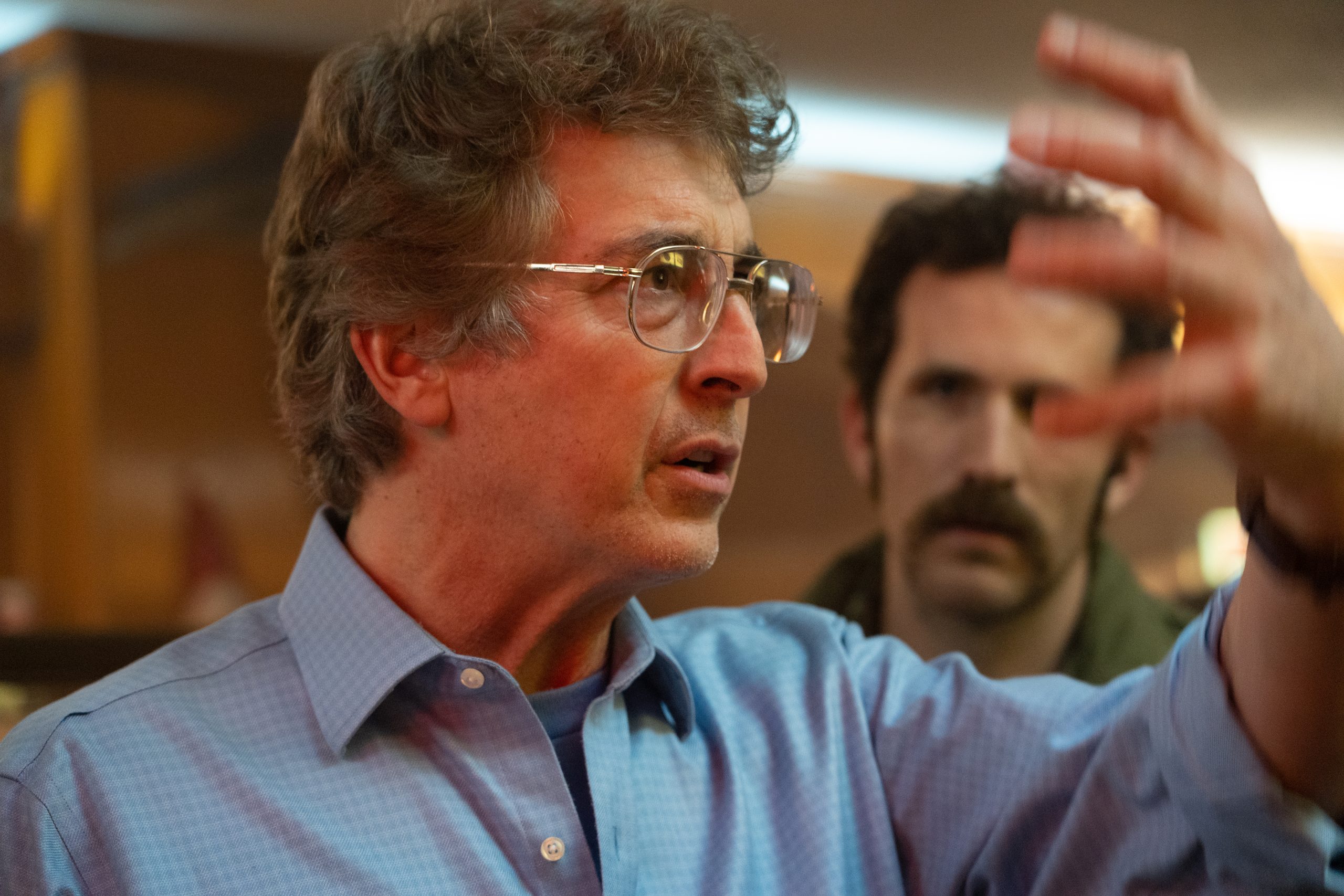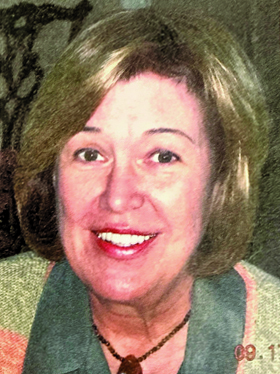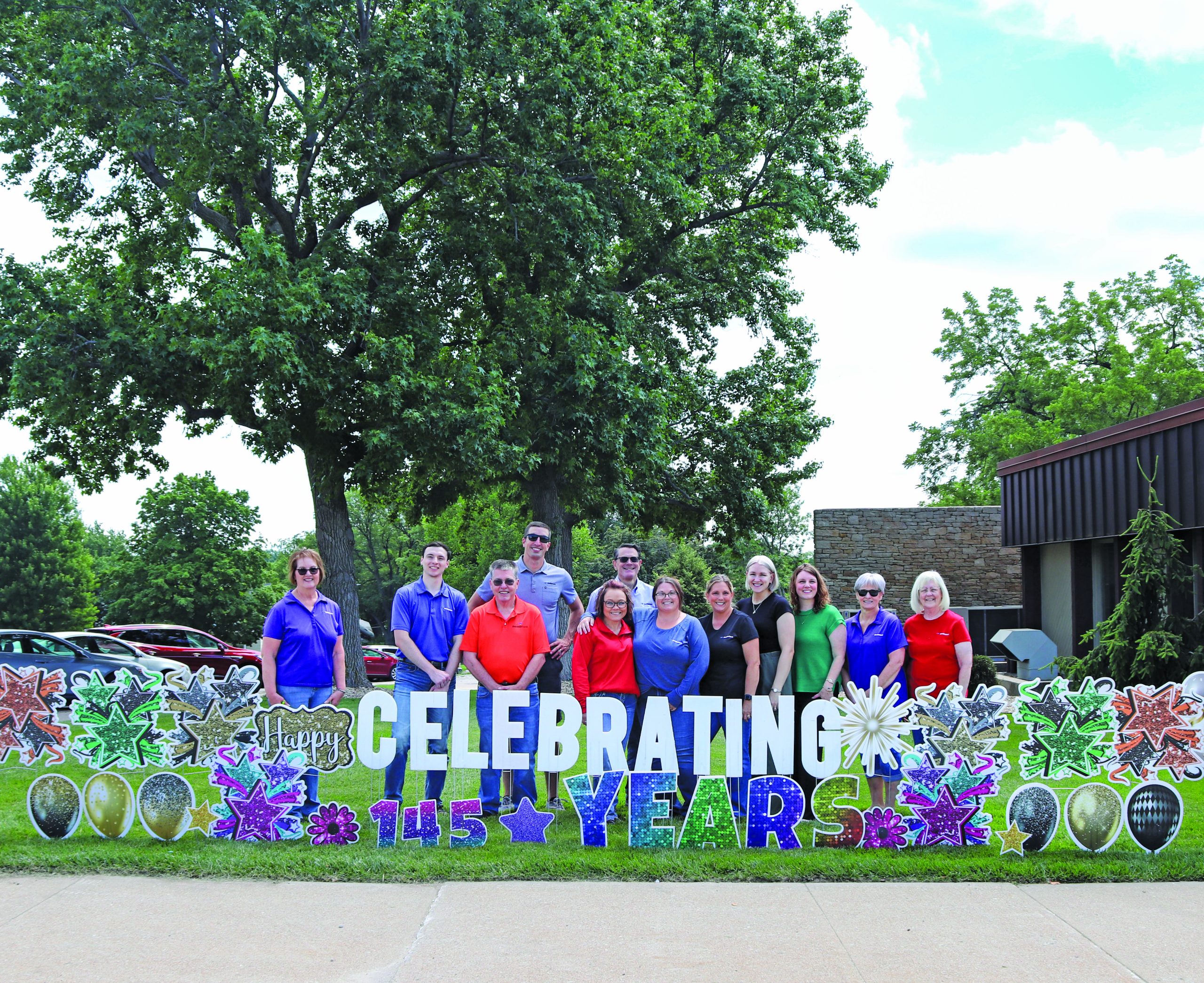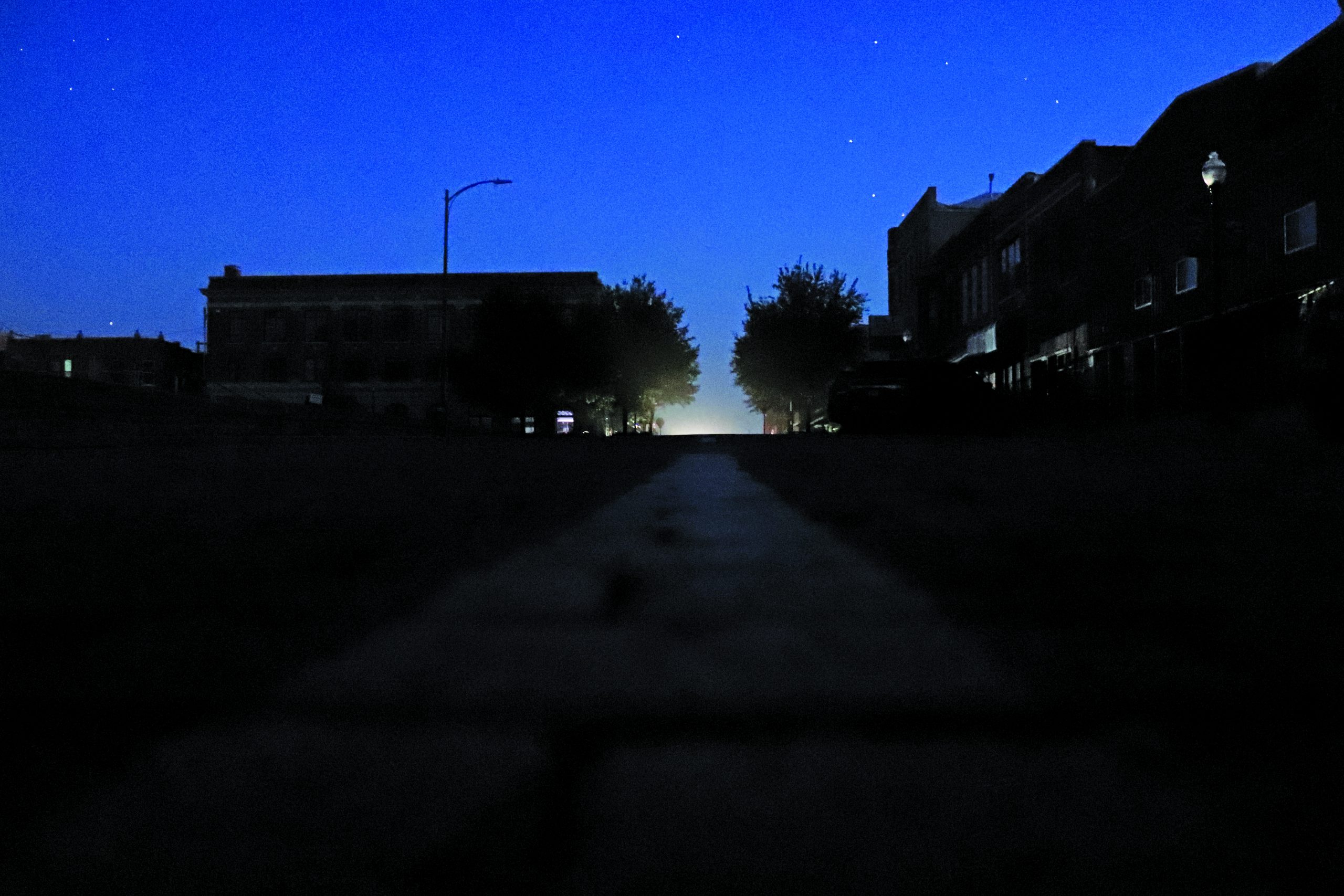‘
By Leo Adam Biga
Flatwater Free Press
Decades after the release of his first feature film, Alexander Payne is preparing for a career first: a sequel.
The Oscar-winning filmmaker from Omaha is in the early stages of a follow-up to his acclaimed 1999 comedy “Election.” And much like the original film, Payne hopes to shoot the sequel — which promises to be “a very, very Omaha movie” — in his home state.
“It becomes personal to me if it can be very much about what contemporary Omaha is in some way,” Payne said in his most extensive comments to date about the project.
Adapted from Tom Perrotta’s novel “Election,” the story’s fierce protagonist, Tracy Flick, played by Reese Witherspoon, became an emblem of blind political ambition in a student election gone wrong.
Perrotta’s 2022 sequel novel, “Tracy Flick Can’t Win,” finds his now middle-aged titular character on a new power-hungry trip to become a school principal. Human chaos and comedy follow in her wake.
Witherspoon herself enlisted Payne and writing partner Jim Taylor to bring Flick’s latest campaign escapade to life.
“I can’t imagine doing it again with a different team, which sometimes happens with sequels or remakes,” Perrotta said. “But it really feels right to have Alexander directing and Reese starring.”
It will be a few years before the “Election” sequel is shot, as Payne is committed to doing a short documentary and a Danish-language movie first.
But he already knows that the story will expand beyond the world of school politics into the larger Omaha political universe. That’s partially due to Payne’s desire to avoid another high school movie after “Election” and his most recent film “The Holdovers.”
Flick’s ambition will still be the source of the drama, as her determination threatens some, and turns off others, as she goes after what she believes is hers to claim. Rivals and enemies abound.
That teaser should raise anticipation for what will be Payne’s first primary in-state shoot in more than a decade. His initial three features, “Citizen Ruth,” “Election” and “About Schmidt,” were filmed nearly entirely in the Cornhusker state. Years passed before his next homegrown project, 2013’s “Nebraska.”
Payne, whose work defies formula or franchise, insists he’s never been interested in doing a sequel, though many have clamored for a follow-up to his 2004 film “Sideways” — a prospect he didn’t entirely rule out, saying it “depends on the story.” Despite the strong, cultish following “Election” enjoys, he said neither he nor Taylor considered revisiting Flick until Perrotta did.
“Tom’s fine novel whetted Jim, mine and other people’s appetites for a possible ‘Election’ sequel,” Payne said. “We want to have respect for the original but not do a greatest hits. We’re here to make a contemporary film with one central character, Tracy Flick.”
He might not have ever helmed “Election” if he’d followed his gut after producers optioned its source novel and pitched him hard to adapt it. Hollywood was awash in high school movies at the time — including some bad ones — and Payne wasn’t interested in adding to the glut. But producer Albert Berger insisted he read the book. He eventually did to “get him to shut up,” and Payne came to the same conclusion: “It was really good.”
So good that, try as he might, Payne couldn’t find an excuse to pass on the project.
“As always when I’m reading a manuscript or a screenplay that I haven’t written and it starts out pretty good, meaning human as if it could happen in real life, I just pray that a contrivance doesn’t arise. ‘Election’ started human and pathetic, continued human and pathetic, ended human and pathetic, and then genuinely in pathos.”
Much of “Election” was shot at Papillion La Vista High School with many actual students and staff. Witherspoon was joined by Matthew Broderick as antagonist teacher Jim McAllister and Omahans Delaney Driscoll (Linda Novotny), Chris Klein (Paul Metzler) and Nicholas D’Agosta (Larry Fouch).
Payne and Taylor intend to create small parts for Broderick and Klein and perhaps other “Election” veterans in the sequel.
Collaborating with Witherspoon was a highlight. “We had a really good experience then. We’ve stayed lightly in touch and always said it would be delightful to work together again.”
He expects they will pick up where they left off years ago, even though she’s since become a major industry player herself.
“Hopefully it’s not too much of a different dynamic,” Payne said. “Hopefully it’s a normal director-actress relationship.”
The passage of time since the events of the first film and in the lives of the creatives present an interesting opportunity and challenge.
“Obviously we’re different people, and hopefully the movie will, if we can crack the screenplay, have, I don’t want to say more depth, but a depth more in keeping with who we are currently as human beings – Jim and I and Reese.”
Retired film historian Jeanine Basinger, the subject of Payne’s in-progress documentary, is eager to see what they stir up.
“It’s a perfect time to reconsider the issues brought forth in that film — ambition, manipulation, competition, drive, cheating. This is the moment, right? And we need some humor.”
Flick’s avaricious appetite for power has come to represent a strain of American politics, and her name surfaces every few years as a comparison to a certain type of politician — blond, hyper-ambitious women. Hillary Clinton fits the bill, but the comparisons aren’t limited to one party.
“Someone sent me a Reddit stream comparing Trump’s press secretary (Karoline Leavitt) to Tracy Flick,” he said.
“So it survives somehow as a comparison,” he said.
Perrotta noted that in the aftermath of the Me Too movement, Flick underwent a critical reappraisal – casting her neither as victim nor villain. The problem certain male characters have with her, this new thinking goes, says more about their hangups than hers.
While Flick is most often invoked in politics, Payne said he was never all that interested in that aspect of the story. Rather, it was the humanity within the story that attracted him to the film in the first place.
“Tom Perrotta saw it as a political metaphor. The two times I’ve met (Barack) Obama, he said ‘Election’ is his favorite political movie. But I personally didn’t write it and direct it as a political metaphor,” Payne said. “I just thought it was a really good human comedy. And as in ‘Citizen Ruth,’ Jim Taylor and I are more interested in how individual psychodramas play out in a public arena.”
That doesn’t make the story less political, he said, “but that’s where I personally am able to mine from it what I consider deeper comedy.” The “human aspect,” Payne added, is likely why the movie has endured all these years later.
Basinger described “Election” as the “breakout movie” that brought Payne to “the forefront.”
“It remains a really unique movie. Very, very funny and yet so trenchant. Alexander’s work is not like anybody else’s. It has a wonderful Midwest flavor, but it’s universal in the things that it addresses.”
Sam Wasson, who with Brandon Millan is co-producing the documentary Payne is directing, said, “‘Election’ was the first Alexander movie we both saw. And like (most) everyone else, old or young, we loved it.”
One reason why Payne previously rejected the prospect of a sequel is he didn’t want to deal with inevitable comparisons.
“Of course you always want something to be as good as a successful work you had before, but also you can’t create with an internal pressure. You have to create with a freedom and an urgency of telling this particular story. You can’t be comparing it to something previous.”
For now, Payne has plenty on his plate, including the need to finish the screenplay for his “Election” sequel. Between the many projects he juggles, he lends expertise to special events. Last fall, he did a “music and the movies” program with the Omaha Symphony. Last month, he presented the 1959 epic Ben-Hur at the TCM Film Festival.
He also intends to lend his time to the planned revival of Film Streams’ “Feature Event,” which went on hiatus at the start of the pandemic. Much like in the past, the events will feature Payne in conversation with a prestigious film figure at the Holland Performing Arts Center.
He has mused about making a film in Greece, his family’s ancestral homeland, where he long has maintained dual citizenship. Europe’s ever more on his mind. Later this year, he will be off to Denmark to complete pre-production for an untitled new feature due to start shooting there in January. The intimate story of repressed forbidden love takes place in a small town in the Jutland peninsula.
“It looks exactly like western Iowa-eastern Nebraska,” Payne said. “Flat, cornfields, cookie-cutter small town. Only the roofs are different. It’s really remarkable how those Scandinavians – the Swedes and Norwegians — in the Midwest sought out land that looked exactly like where they came from.”
Other projected projects include a Western set in Nebraska’s Custer County that Payne’s developing with “Holdovers” screenwriter David Hemingson. “We have 30 bad pages,” said Payne, “but we have a great idea.”
Now he just has to convince Paramount + to make “Tracy Flick Can’t Win” a theatrical rather than streaming release.
“There’s only one true way to experience a good movie: projected, ideally with an audience,” he said. “It’s not just about the quality and size of the image. It’s also about having a shared experience with others, particularly in a comedy.”
The Flatwater Free Press is Nebraska’s first independent, nonprofit newsroom focused on investigations and feature stories that matter.



